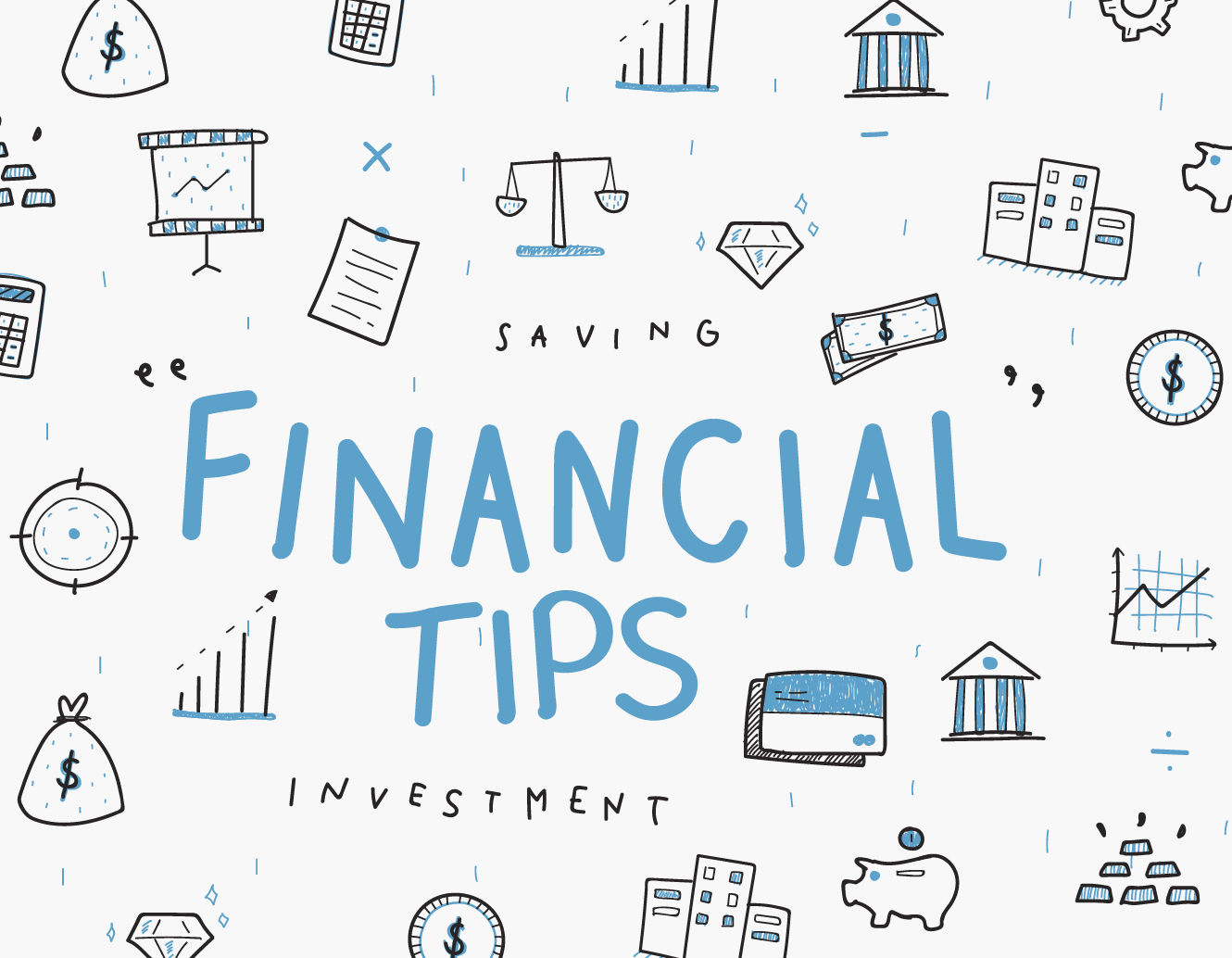Everyday should not be April Fools don’t get scammed out of your money

Everyday should not be April Fools don’t get scammed out of your money
We realize it's April Fools' Day, and the jokes are meant to be amusing and fun, but don't let your guard down and get fooled out of your hard-earned money today or any other day. Remember that scammers are becoming more sophisticated, making it more difficult to distinguish between what is true and what is not. The days of simple, easy-to-detect scams are over; gone are the days of scammers sending emails alerting you of your jackpot winnings; scams are becoming more realistic, fraudsters are now impersonating businesses or entering relationships under false pretense such as the tinder swindler.
To keep your money safe, keep an eye out for these scams:
1. Suspicious retailers
2. Scams involving the disclosure of your account information
3. Harmless online quizzes asking personal questions
1.
Scammers posing as retailers or businesses are the least obvious and difficult to identify as consumers have been doing more and more online purchases, and scammers have become extremely clever. According to retail research firm Digital Commerce 360, ecommerce sales exceeded $870 billion in 2021, up more than 50% from 2019. Cybercriminals are keeping up with the times and adjusting, online purchases have become the most common sort of scam reported. A common shopping scam begins with a phony website, smartphone app, or, increasingly, a social media advertisement (a BBB study found that 40 percent of online shopping scams reported to the organization originated on Facebook or Instagram). Cyber criminals set up fake online stores, the most popular being social media. These scammers offer products at lower prices than usual or items that you may need immediately. Many people have fallen victim to this and have paid for phones or clothing that they never received.
How to avoid being defrauded by these “businesses”.
If the price seems too good to be true, it probably is. Before buying from an online store, do some investigation, get recommendations from friends or family. Simply look up the company's name on the internet to see if there are any negative comments associated with it. Before you hand over your cash, ask some questions.
2.
Criminals frequently use bank frauds to obtain people's personal and financial information. The Federal Trade Commission received more than 2.1 million consumer fraud reports in 2020. Scammers employ a variety of techniques to persuade consumers to divulge personal information such as bank account numbers and passwords. We've all gotten messages on WhatsApp or Instagram DMs notifying us that we've won the latest trading and cryptocurrency giveaways. These swindlers will try to persuade you to transfer money or give access to your personal financial information.
It's a red flag if someone asks you to send money via wire transfer. Wire transfers are difficult to track and have little fraud protections, making getting your money back practically impossible. These are not acceptable payment methods for legitimate businesses.
The threat that "time is running out" is used by con artists to compel victims to make a hasty decision. Before disclosing any information or handing over money, speak with someone you can trust. Legitimate businesses should never pressure you into making a decision.
How to avoid these scams
Don't respond: If you're not sure who's calling, emailing, or texting, hang up! Do not click the link in the email and ignore that text message.
Do not rely on caller ID or pick up calls from unknown numbers: Hang up the phone if the caller ID is familiar yet the call appears strange. It is simple to spoof phone numbers to make them appear to be from a legitimate caller.
Don't share your personal information: Never give out any personal identifiable information until you're positive the person and the motive are real.
Research and validate: If the individual or group appears questionable, phone the organization's official number listed on their website or talk with a trusted family member or friend to ensure the request is authentic.
3.
Scams which seem harmless such as online quizzes
You should consider twice the next time you take a Facebook quiz.
What's the harm, you might wonder? A seemingly amusing quiz that tells you what TV show character you are or measures how well you know a friend could potentially be dangerous.
Popular Facebook quizzes frequently require users to answer a series of personal questions, such as their first pet's name, their mother's maiden name, or their hometown. Do any of these questions sound familiar? They should. These replies are frequently passwords, and the questions are similar, if not identical, to those asked by banks and other institutions as your online banking security questions.
To avoid being a victim of these scams, never give out personal or financial information, including passwords, to anyone you don't know and trust. Before taking an online quiz, double-check the website from where the question was generated, be wary of unsolicited offers, avoid clicking suspicious links, and think carefully about what information to share. Always examine whether an offer is real, even if it comes from someone you know. Don't rely on links or phone numbers in an offer because they can lead to fraudulent websites or malware downloads.
References
5 Latest Scams to Watch Out for in 2021 & How to Guard Against Them. (2022). Better Money Habits. https://bettermoneyhabits.
Fake Stores, Imposters and Other Online Shopping Scams. (2019). AARP. https://www.aarp.org/money/
The innocent looking Facebook post that hides a criminal motive. (2021, June 12). Www.9news.com.au. https://www.9news.com.au/



